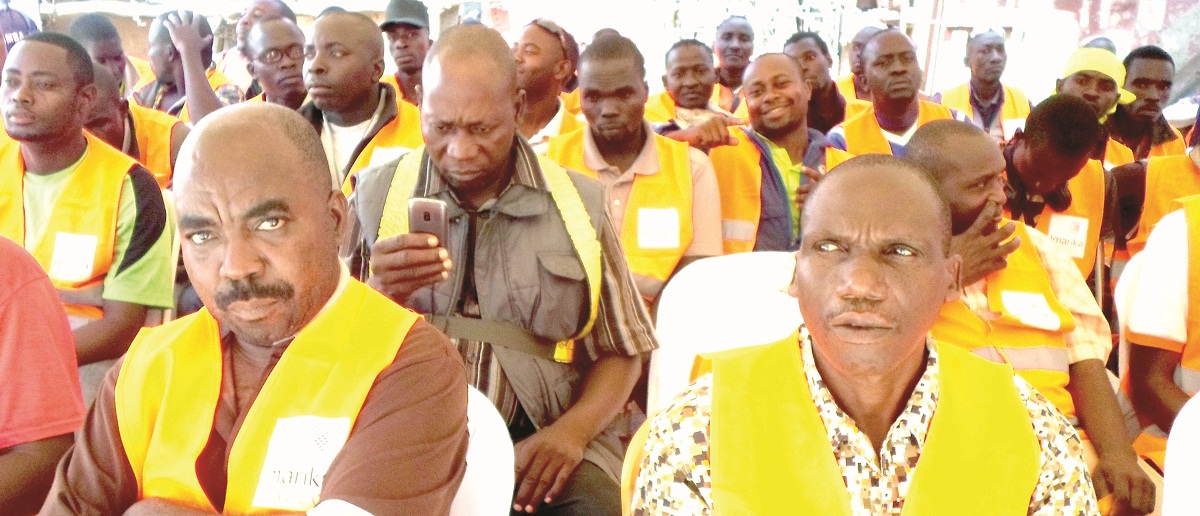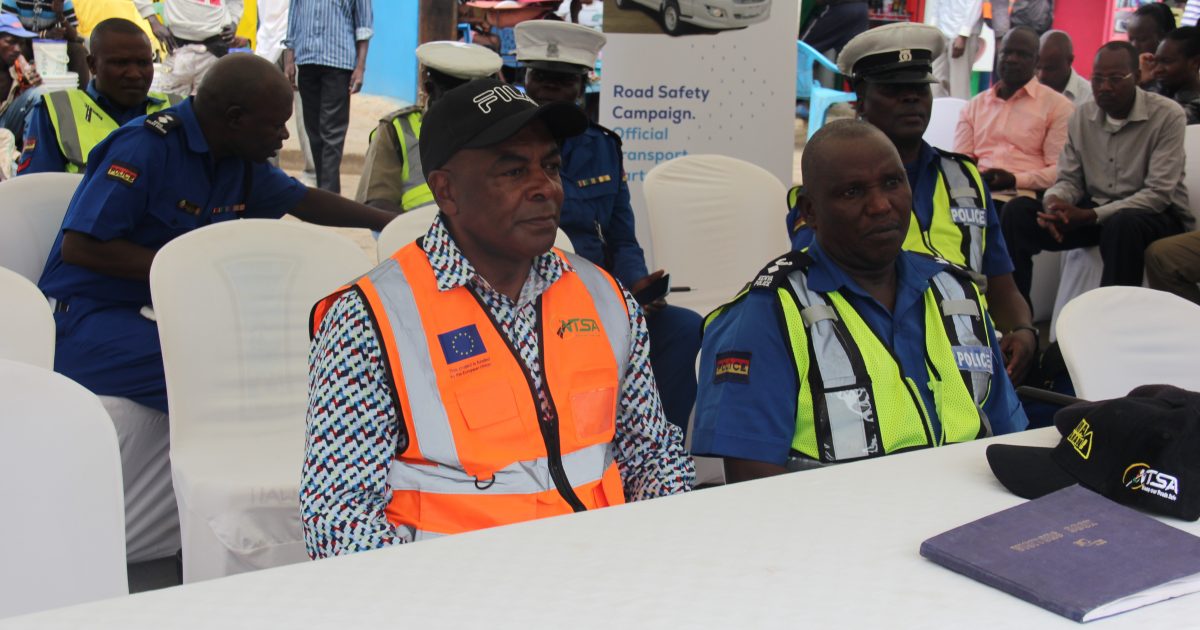By Sammy Chivanga
Savings and Credit Cooperative Societies (Saccos) are increasingly turning their focus on motorcycle riders and women groups for new membership and uptake of products.
Motorcycle riders, popularly known as boda bodas, are in particular seen as the fastest growing income group and many Saccos are coming up with targeted products for them.
Many youths are increasingly joining the boda boda sector to earn a living, offering a rich pool of daily income earners that resonates with the Sacco movement model.
The focus on boda bodas and women groups is especially so for county-based Saccos which are eying increased membership to strengthen their deposit base.
Kwetu Sacco CEO Stanley Kyelenzi told Sacco Review that many Saccos are now diversifying from the rich pool of traditional members such as teachers to boda bodas and women groups.
“That is where the money is. These groups of people have lived in a situation where they are not very much informed. They make a lot of money but the issue of saving is not much in their life,” said Kyelenzi.
Saccos are, therefore, reaching out to such groups with education on savings and also dangling at them products that can transform their lives.
“We are working with them by helping them grow a savings culture. Covid-19 has taught us a lesson that working and living for a day is not sustainable,” adds Kyelenzi.
The number of boda boda riders in the country started growing during President Mwai Kibaki era when tax on importation of motorcycles was zero-rated.
Many people imported the motorcycles and put them into commercial use, offering employment to thousands of youth.
Saccos are now helping such youth to form small chamas, just as is the case with the women groups.
But with some Saccos seeing boda bodas as a high-risk pool of members, some of the riders have been bold enough to form their own cooperative societies.
This is the case with Murang’a based Kabati Fylover Operators Sacco that brings together 87 boda boda riders.
Members save at least Sh500 a week, enabling the entity to grow a pool within which members can borrow for their own development and also earn dividends.
The members also contribute Sh200 per month as a form of insurance to its members and immediate family members in case of accidents or illness.
Another entity, Nanyuki Boda Boda Savings and Credit Society (Nabosa) started in 2009 with members saving Sh50 a day.
They now have a Sh100 million housing project, partly funded by National Cooperative Housing Union.
Such success examples have attracted Saccos to go after boda boda groups with targeted products.
Many Saccos see this as an opportunity to win new members and grow the deposit base, which is used for financing loans to members.
This comes at a time Sacco movement deposits have grown at the slowest pace in seven years amid rising appetite for loans.
Latest data from the Sacco Society Regulatory Authority (Sasra) shows that deposits grew at 11.27 per cent to Sh380.44 billion last year up from Sh341.91 billion in the previous year.
The concern, however, has been that the deposits are getting more concentrated in the hands of a few large Saccos.
Sasra data shows that the top 20 DT-Saccos controlled combined deposits of Sh224.75 billion last year, being more than half (59.08 percent) of the Sh380.44 billion total deposits held by the 172 DT-Saccos.
Kenya Highlands Sacco chief executive Alice Kosgei says that the Sacco started working with women chamas about 10 years ago and has witnessed growth.
She says that Highlands currently works with over 100 women chamas, each with about 15 members, and is also eying youth groups such as boda bodas.
“We train them on saving and doing business. After saving for three months, we give them the first loan and then keep growing with them. This model is doing very well, said Kosgey.
Kosgey explains that products such as Boresha biashara have been founded on the background of working with women groups.
The Sacco’s experience is that when women group members grow and the individual needs outgrow those of the chamas, they turn to individual loans.
“We have developed Boresha biashara loan to primarily target such individuals that graduate from chamas to seek further growth in their individual businesses,” says Kosgey.
Saving and business management skills are seen by Saccos as the key bridge in transforming youth and women groups into loanable members with lower risk of defaulting.
Kwetu Sacco has for instance created a department called microcredit to target the groups that it equips with skills.
Trained boda boda groups and women chamas wishing to enter businesses such as catering facilities are given loans to buy assets such as tents and chairs.
Imarika Sacco chief executive Daniel Masha says the Sacco is also working with boda bodas through targeted products to fit their needs.
We have products targeted at boda bodas. For example, we have agreements with dealers who supply motorbikes then we facilitate the payments through those agreements,” said Masha.
However, the busy schedules for boda boda riders is posing a challenge when it comes to training.
Many of the riders hardly find time to attend training on crucial topics such as savings given that most of them are busy throughout the day.
But Saccos are now riding on technology to pass information to them as well as give them room to save without having to physically visit branches.
“One issue with boda bodas is that they don’t have time during the day and so we are using mobile tools to allow them to save and also access information about our products,” said Masha.
The Sacco sub-sector Demographic Study Report 2019 revealed that DT-Saccos alone had about 190,000 non-natural members such as self-help groups like women chamas.



